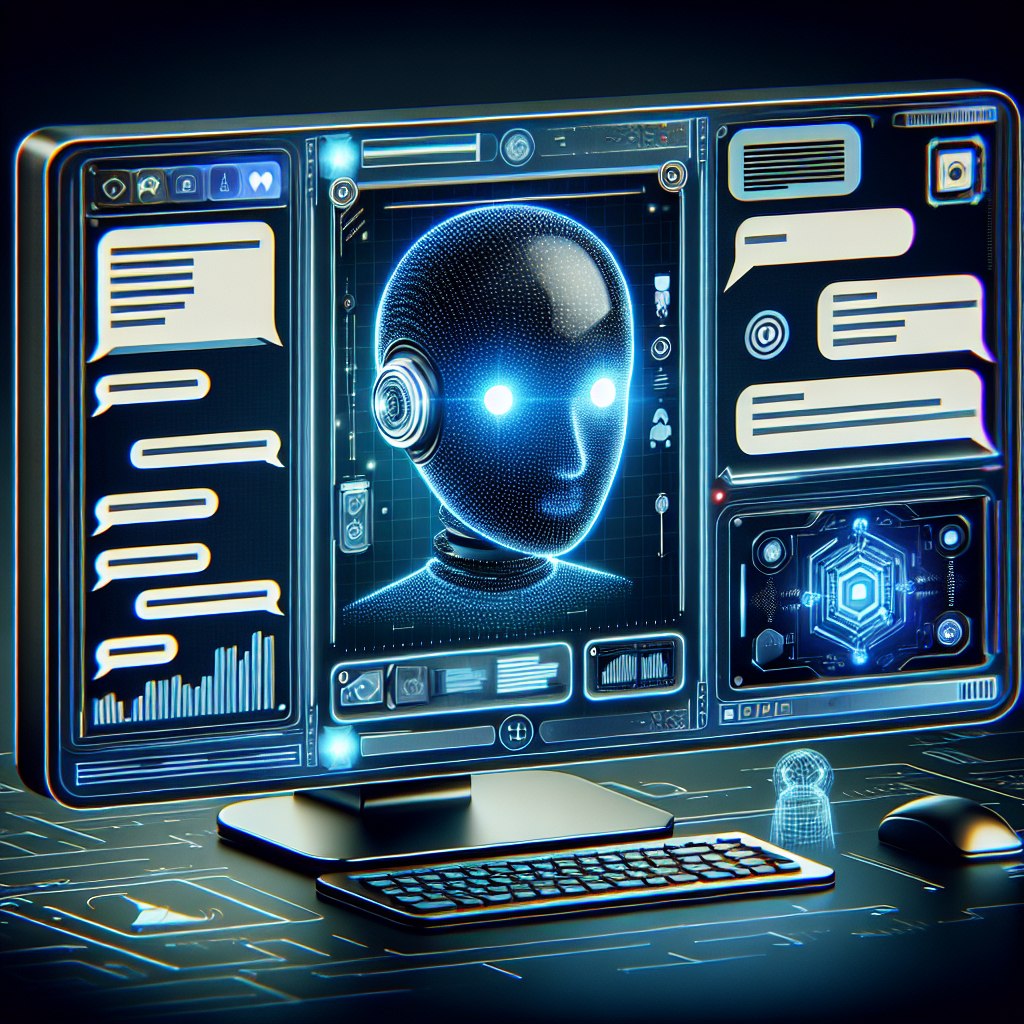AI Therapy: Revolutionizing Mental Health with Chatbots
Artificial intelligence-powered mental health tools, like chatbots, are gaining popularity for offering digital therapy. While effective for mild to moderate mental health cases, concerns arise over their limitations and ethical implications. Users report mood improvements, yet the psychological mechanisms remain underexplored, raising questions about privacy and data security.

- Country:
- United States
In the digital era, AI-powered mental health tools are becoming increasingly popular, offering both potential and challenges. Chatbots like Wysa and Woebot utilize artificial intelligence to mimic therapeutic conversations, providing users with cognitive behavioral therapy techniques. These tools are gaining traction, but the effectiveness and ethical implications demand careful consideration.
As users report enhanced mood, focus, and better sleep thanks to these chatbots, the scientific community is probing the underlying neurological processes. While some studies validate the effectiveness of digital therapy, mysteries about how AI impacts the brain persist, and data security concerns loom large.
Despite the promise shown, it is clear that AI chatbots are not substitutes for human therapists. Real connection, empathy, and complex emotional understanding rely on human interaction, aspects where AI tools fall short. Pairing AI tools with human support appears to be the most prudent approach, balancing innovation with ethical and practical concerns.
(With inputs from agencies.)
ALSO READ
Indonesia's Wiretapping Accord Raises Privacy Concerns
Germany Faces Off with Chinese AI Startup DeepSeek over Data Privacy Concerns
Global Scrutiny on Chinese AI Startup DeepSeek Over Privacy Concerns
Germany Calls for DeepSeek App Ban Amid Data Privacy Concerns
Revolutionizing Savings: The Rise of FD Apps










